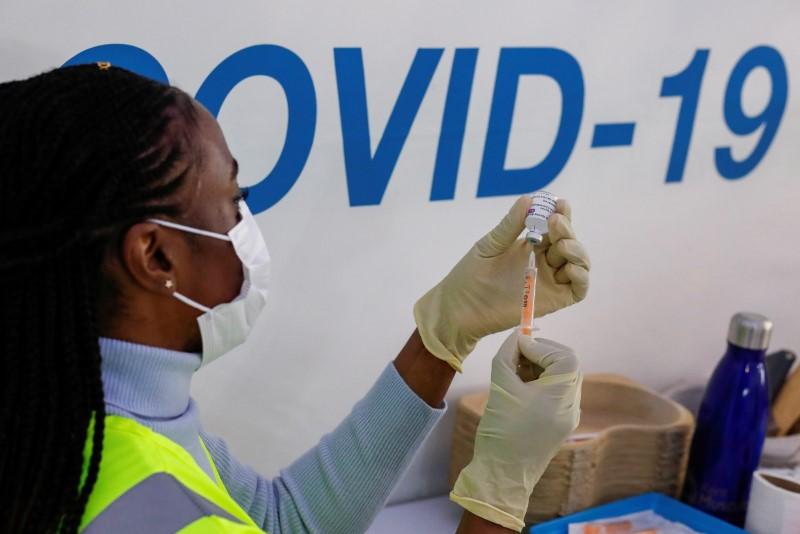One in twenty claims made to the UK vaccine injury scheme are successful in the case of COVID-19 jabs, according to the latest data obtained by freedom of information requests.
But the scheme’s strict “60 percent disablement” threshold means that many people with significant injuries are being rejected, according to an organisation that is playing a key role in representing families and individuals left severely disabled by mRNA jabs.





